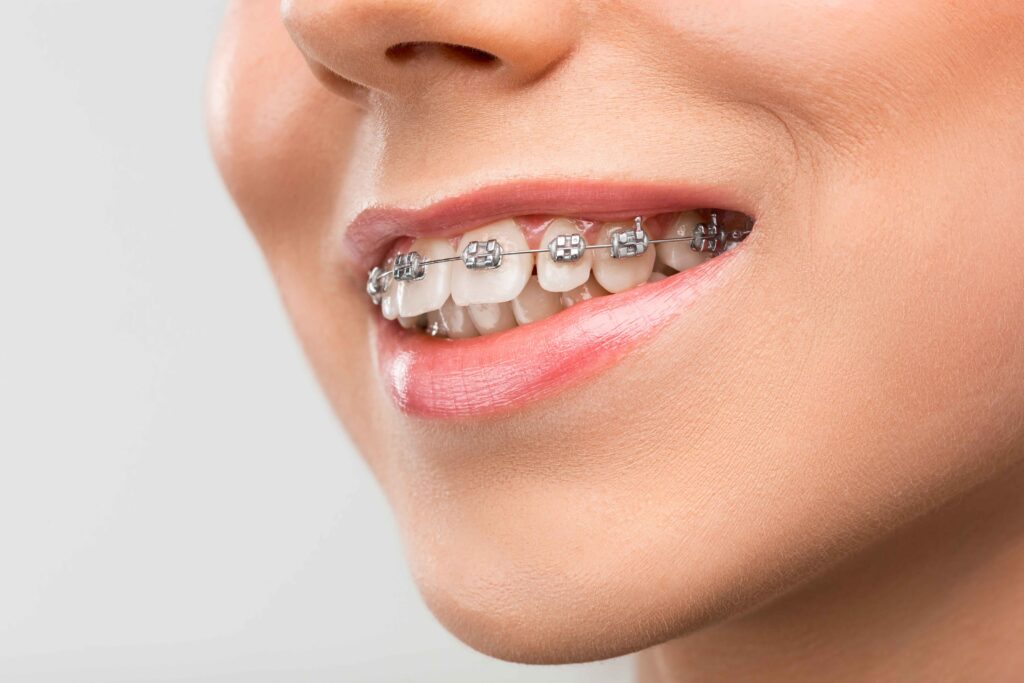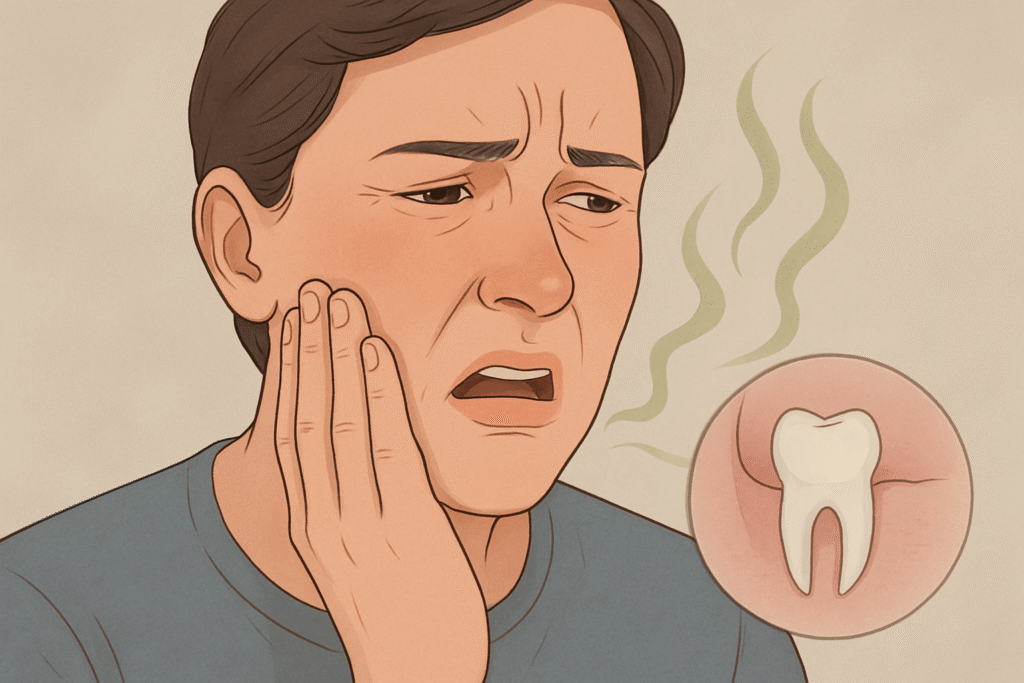
A toothache at night can make falling asleep and staying asleep extremely difficult. After a long day, the last thing you want is to be kept awake by raging discomfort. But when the pain starts crawling in, it becomes impossible to drift off. To make matters worse, a dentist might not be available until morning, leaving you searching for methods to find relief at home.
There are several remedies that can help ease the discomfort until you can contact a dentist. Applying a cold compress or an icepack on your cheek can reduce swelling and relieve the pain. Natural home remedies like chewing on a clove or using cloves oil can numb the area. Using an extra pillow to keep your head elevated while sleeping may also help since it reduces blood flow to the affected tooth.
If the pain becomes unbearable, taking pain relief medication or pain relievers can help you rest. But if the toothache lasts more than 2 days, or the pain keeps getting worse, it’s important to let a dentist assess the reasons behind it. While home treatments can help manage the pain, only professional care can completely get rid of the issue and prevent it from impacting your sleep night after night.
Ease Tooth Pain with Store-Bought Solutions
For temporary relief, taking pain medication like ibuprofen, acetaminophen, or aspirin can reduce discomfort and inflammation at the site of the hurting tooth. These medications, including Advil, Motrin, and Tylenol, are some of the best choices for a toothache. You can also try numbing pastes or gels with benzocaine to dull the pain, making it easier to fall asleep. Always use these products as directed on the label and avoid them for infants and children under age 2.
Elevate Your Head to Reduce Discomfort
Sleeping with your head propped up using extra pillows can prevent blood from pooling in your head and mouth, which may intensify toothache pain. Propping your head higher than your body also improves circulation, decreases swelling, and alleviates pain, making it easier to rest. Without proper support, the constant blood rushing to the area can keep you awake, worsening the discomfort.
Soothe the Pain with a Cold Compress
Wrapping an ice pack in a clean towel or cloth and applying it to the side of your face for ten minutes can numb the discomfort while curbing swelling. After removing it, wait ten more minutes before repeating the process. Doing this every hour can provide relief and make it easier to rest.
Be Careful with What You Eat Before Bed
Certain foods can aggravate sensitive teeth and trigger pain, making it harder to rest. A dentist would advise to avoid very cold, hot, or acidic foods and beverages as they can worsen a toothache. Hard foods that require extra chewing may also put pressure on the affected tooth, possibly causing further damage or discomfort.
Use a Soothing Rinse for Quick Relief
A mouthwash with alcohol can disinfect the area and numb the teeth, helping to ease discomfort. As a home remedy, mix half a teaspoon of salt in an eight-ounce glass of warm water and rinse your mouth before spitting it out. This solution helps with pain relief, lessens inflammation, and fights bacteria, making it easier to rest.
Try Natural Ways to Soothe Tooth Pain
If a toothache strikes at night, natural remedies can help ease discomfort before seeing a doctor or dentist.
- Clove oil works as a natural healer with therapeutic methods to treat oral pain. Apply a few drops to the affected area for relief.
- Chewing on guava leaves, sweet potato leaves, or sunflower leaves can help with swelling and discomfort.
- A rinse made from mango bark or pear seed bark has been used for centuries to soothe oral diseases and infections.
- Garlic has antibacterial properties that may help fight pain and reduce swelling when applied to the aching area.
- Some people use tobacco leaves, but be cautious as they may cause allergies or other reactions.
While these natural remedies may provide relief, it’s always best to visit a dentist if the pain persists.
Why Do Toothaches Happen?
A toothache can occur for many reasons, and understanding the common causes can help in finding the right treatment.
- Tooth decay is the most common cause of a toothache. When acids from bacteria break down enamel, they can eat away at the tooth and expose the nerve, causing mild-to-severe pain.
- A dental abscess or an infected tooth creates a pocket of pus that leads to intense discomfort. Losing a filling can also leave nerves exposed, resulting in pain.
- Wisdom teeth erupting can press against the gums and nearby teeth, causing pressure and irritation. Teething in children or a new adult tooth coming in can also be painful.
- Sinus infections may cause tooth pain as the infection drains, creating pressure in the head and facial area, which can hurt at night.
- Jaw injuries, blunt force trauma, or temporomandibular joint disorders (TMJ) can lead to pain in the jaw joint, adding additional pain while clenching or grinding teeth at night.
If the pain doesn’t go away, a visit to a dentist is necessary for proper care.
Why Does a Toothache Feel Worse at Night?
A toothache can feel more painful at night because when a person lays down, blood rushes to the head, bringing extra blood to the affected area. This can increase pain and pressure, making it harder to relax. During the day, there are many distractions, but at night, the focus shifts to the toothache, making it difficult to fall asleep.
When Is It Time to See a Dentist?
It’s important to monitor a toothache for 24 hours to see if it subsides on its own or is just irritation. If the pain is severe and lasts longer than 2 days, or if you have a fever, headache, or trouble opening your mouth, you should book an appointment with a dentist. Seek urgent care if you experience breathing or swallowing difficulties.
Frequently Asked Questions



